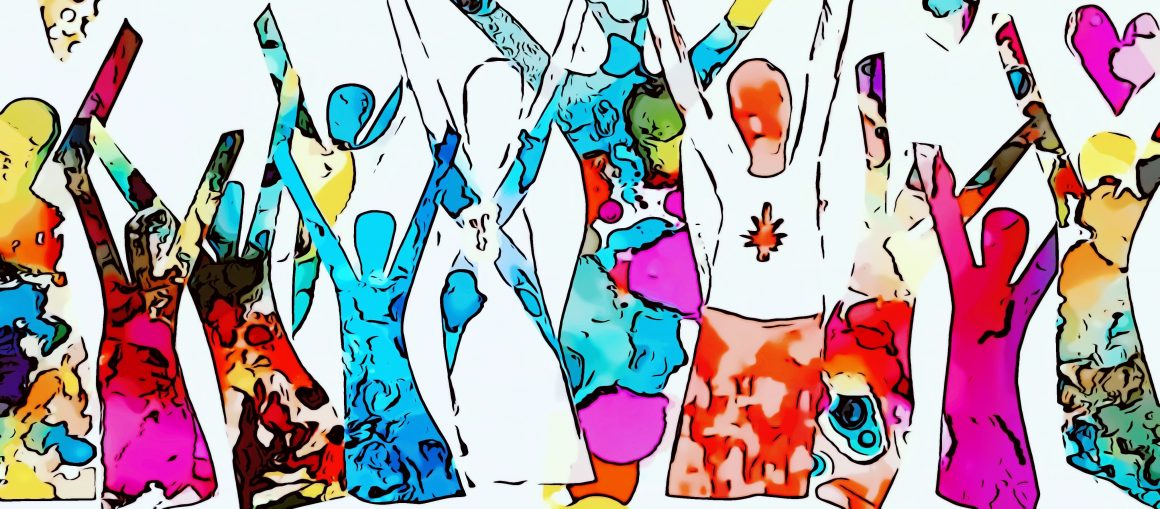
As you begin this year you may have a School Counsellor you wish to acknowledge. please feel free to edit and use as you like.
You put the heart in School Counselling
It’s the students who matter to you
Thanks for being at ___________ this year
And doing what you do
School Counselling for you is a joy not a job
A gift, not an obligation
A place where you can be brave, not cowardly
A place you have found, not somewhere you can get lost
An open space, not a closed door
Somewhere to stand tall, not sit and waste time
A place to create hope, while listening to despair
Where you focus on encouraging, not discouraging
A place to build up, not tear down
A space to be present to those in need
School Counselling for you is a home away from home
Thanks for having the courage to tackle the hard stuff
Thanks for having the strength to help those students and families in need
Thanks for your dedication and commitment to our students and school community
For being thoughtful, kind, patient and caring
For helping in so many ways
For cheering up a students most distressing days
Thank you for all you have shared
Thank you for all you have given
For all that you are and all that you will be
You put the heart in School Counselling
It’s the students who matter to you
You make a difference
So continue to keep doing what you do
Susan Spellman Cann










